Comments
- No comments found
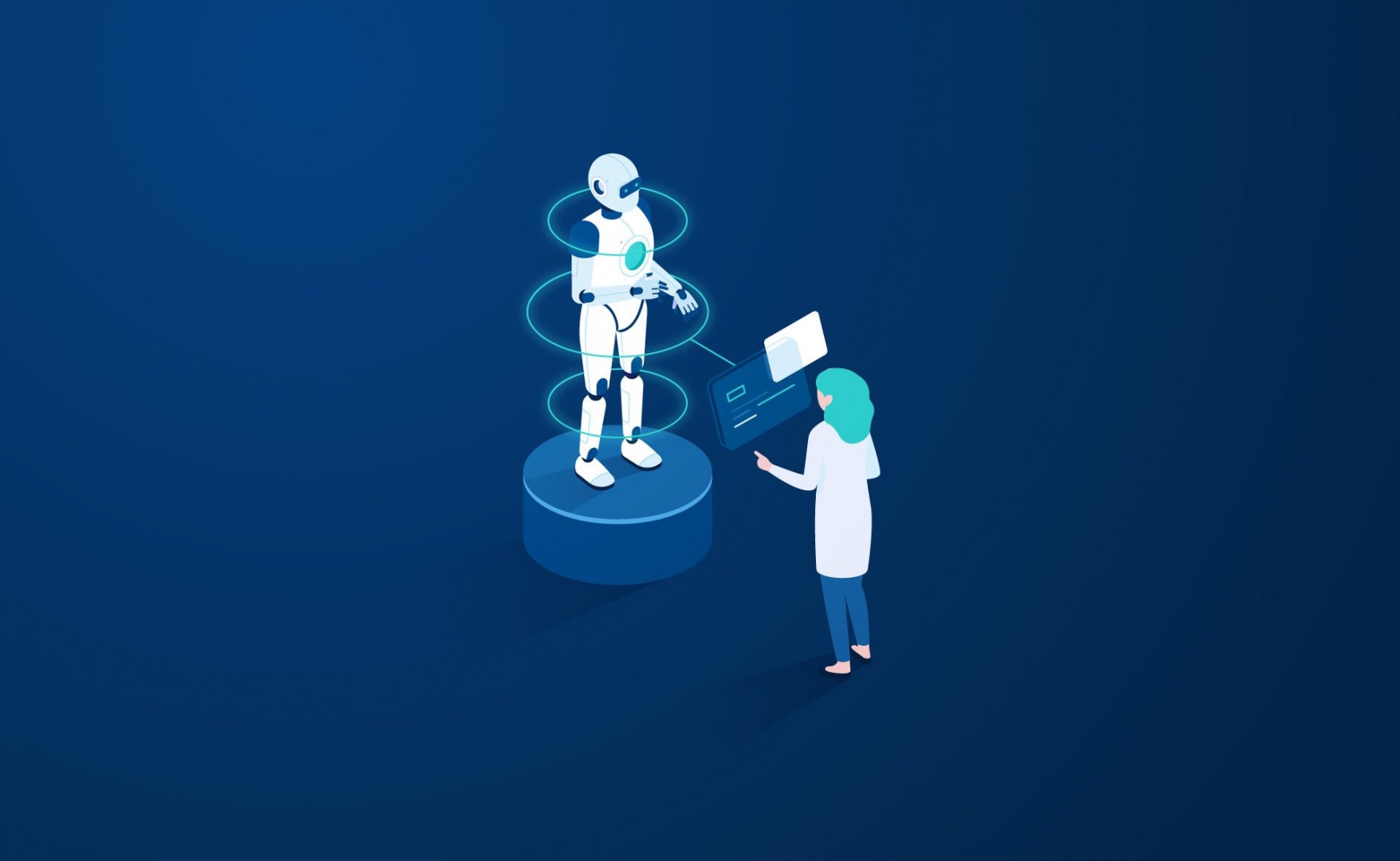
Microsoft uses machine learning to recognize patterns, improve operations and develop better products.
By leveraging machine learning, Microsoft is helping users find new ways to integrate computing into their daily lives. Microsoft regularly is ranked one of the best places to work. Programmers are well paid, respected, and creativity is encouraged.
Machine learning is a hot topic in research and industry, with new methodologies developed all the time. The speed and complexity of the field makes keeping up with new techniques difficult even for experts — and potentially overwhelming for beginners.
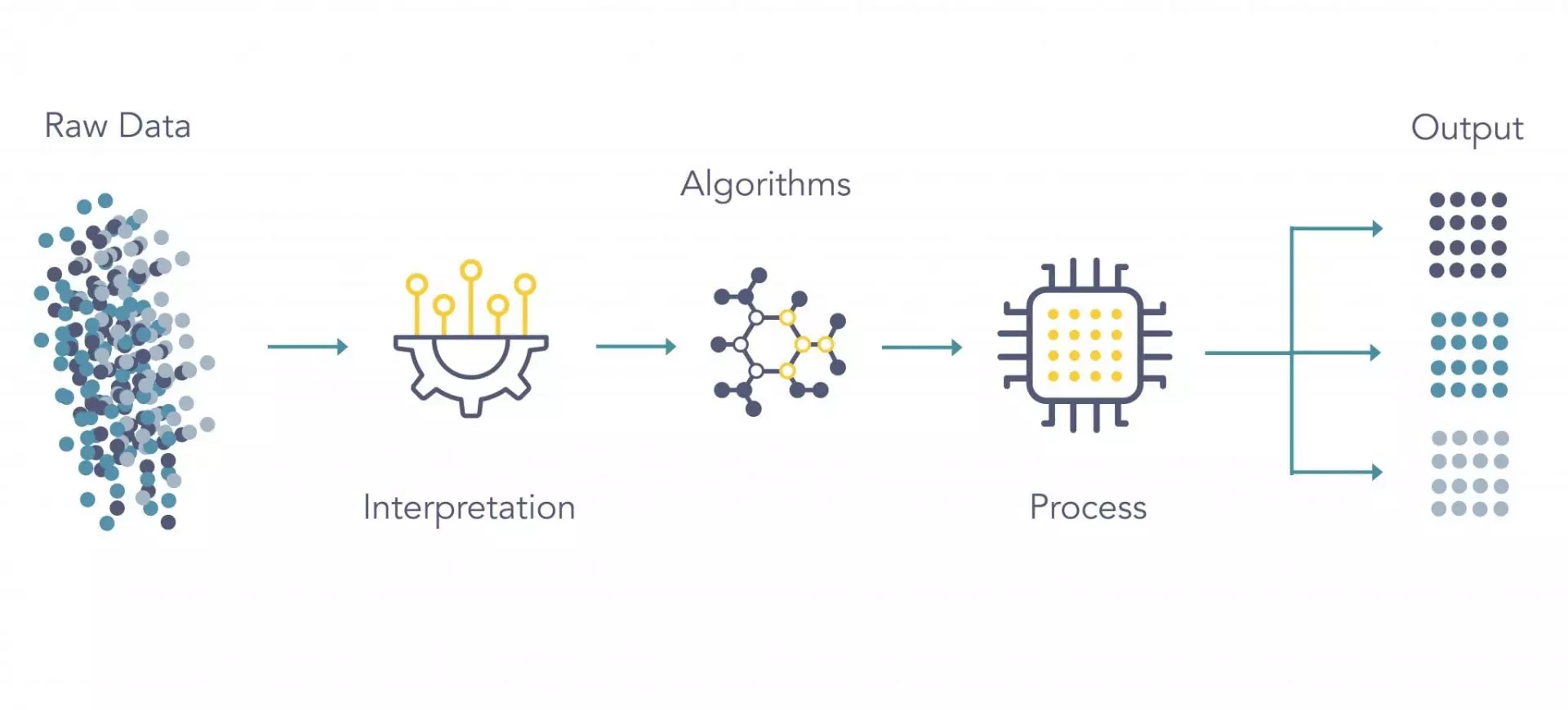
Source: LogPoint
Machine learning is important because it can learn, identify patterns, and make decisions with minimal human intervention. Ideally, machines increase accuracy and efficiency and reduce the possibility of human error.
Many companies can dramatically improve their products and services by using machine learning—an application of artificial intelligence that involves generating predictions from data inputs. Amazon, Google, and other tech giants are already experts at taking advantage of this technology.
Machine learning can do the following things:
Helpful in identifying cause and effect between variables, regression algorithms create a model from values, which are then used to make a prediction. Regression studies help forecast the future, which can help anticipate product demand, predict sales figures, or estimate campaign results.
Often used to spot potential risk, anomaly detection algorithms pinpoint data outside anticipated norms. Equipment malfunction, structural defect, text errors, and instances of fraud are examples of how machine learning can be used to address concern.
Clustering algorithms are often the first step in machine learning, revealing the underlying structure within the dataset. Categorizing common items, clustering is commonly used in market segmentation, offering insight that can help select price and anticipate customer preferences.
Classification algorithms help determine the correct category for information. Bearing similarity to clustering, classification is different in that it is applied in supervised learning, where predefined labels are assigned.
The machine learning strategies used by Microsoft are:
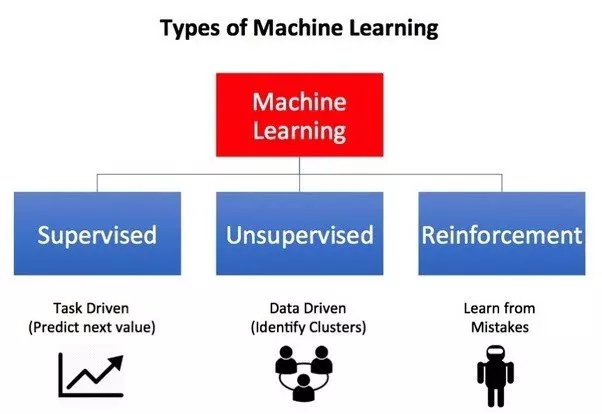
Source: Towards Data Science
(1) Supervised Learning: It addresses datasets with labels or structure, data acts as a teacher and “trains” the machine, increasing in its ability to make a prediction or decision. The training set consists of data that have been labeled and annotated by a human observer.
(2) Unsupervised Learning: It's all about datasets without any labels or structure, finding patterns and relationships by grouping data into clusters.
(3) Reinforcement Learning: It replaces the human operator, an agent—a computer program acting on behalf of someone or something—helps determine outcome based upon a feedback loop.
When it comes to a complex problem, don’t try to be a hero and dive right into solving it. Process and understand the problem, review your dataset, set a realistic goal and then go about actually solving the problem. Chances are that you will end up saving a lot of resources (most importantly time) if you plan your execution properly.
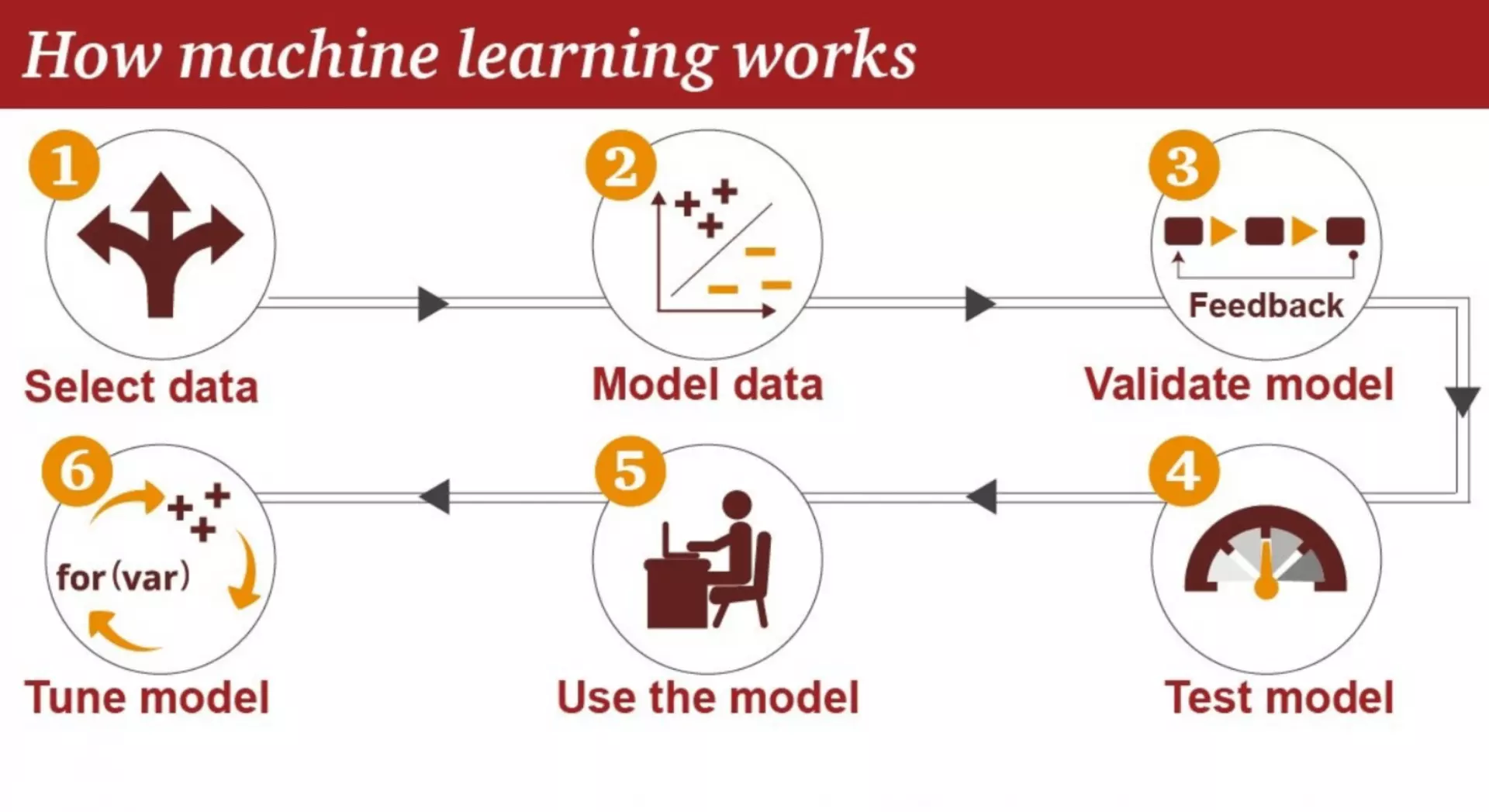
Once data sources are identified, available data is compiled. The type of data that you have can help inform which machine learning algorithms you can use. As you review your data, anomalies are identified, structure is developed, and data integrity issues are resolved.
The prepared data is split into two groups: the training set and the test set. The training set is a large portion of your data that’s used to tune your machine learning models to the highest accuracy.
When you’re ready to select your final data model, the test set is used to evaluate performance and accuracy.
Review the outcome to find insights, draw conclusions, and predict outcomes.
The past decade has brought tremendous advances in an exciting dimension of artificial intelligence—machine learning. This technique for taking data inputs and turning them into predictions has enabled tech giants such as Amazon, Apple, Facebook, and Google to dramatically improve their products. It has also spurred start-ups to launch new products and platforms, sometimes even in competition with Big Tech.
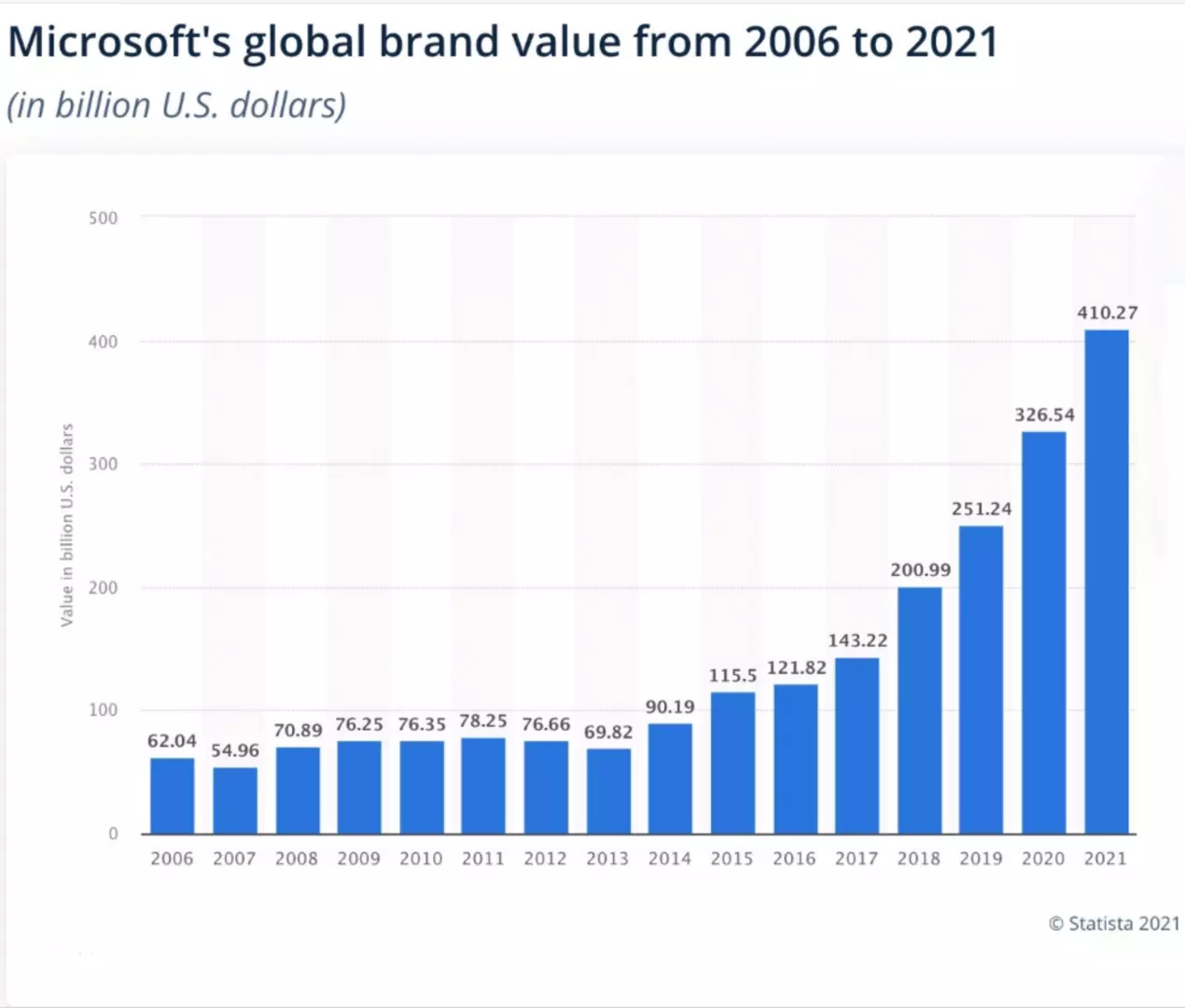
Source: Statista
Microsoft takes advantage of machine learning to read, classify, and then present insights from scientific research to solve business problems. The adaptability of machine learning makes it a great choice in scenarios where the data is always changing, the nature of the request or task are always shifting, or coding a solution would be effectively impossible.
Leave your comments
Post comment as a guest